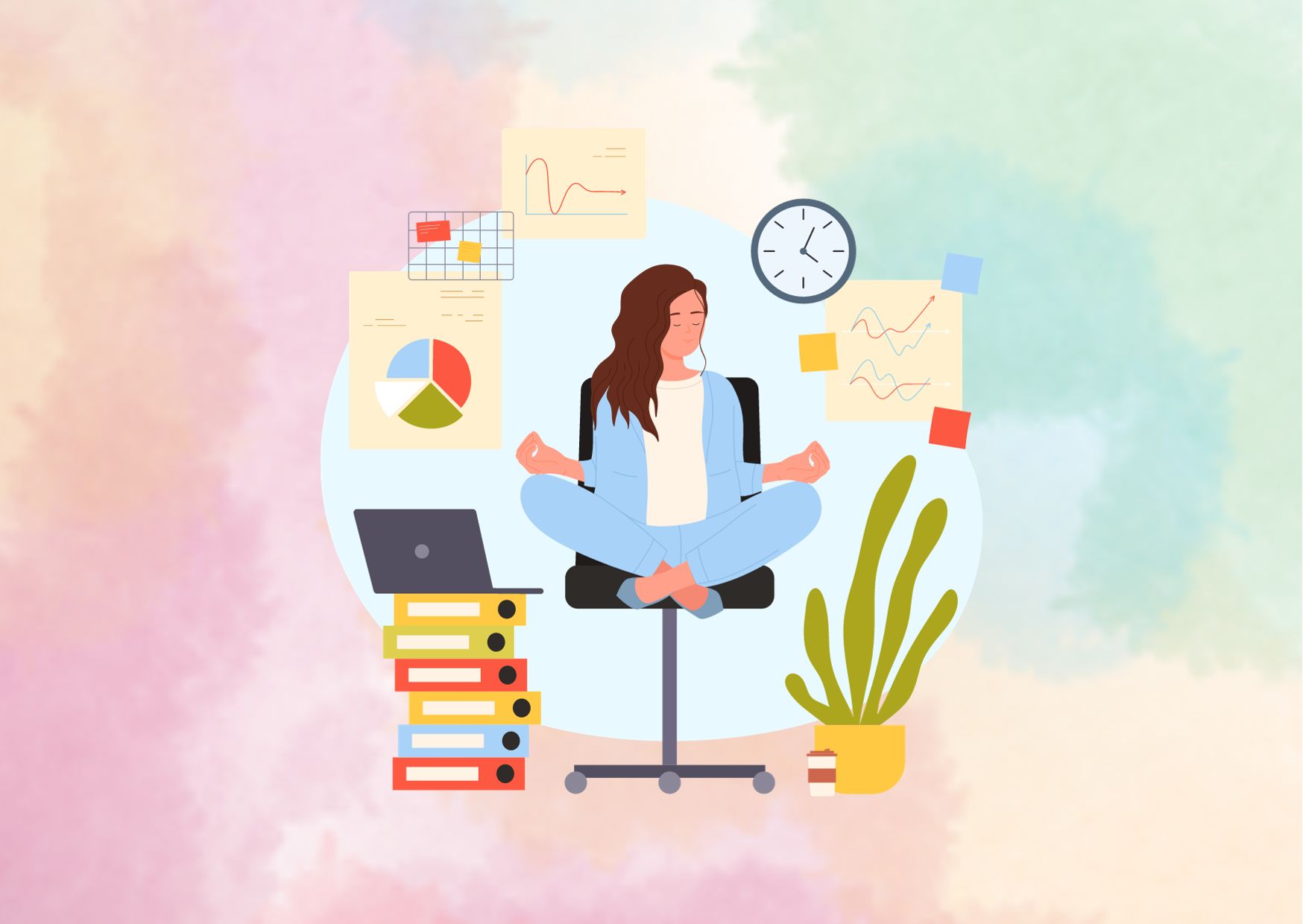How to Improve Wellbeing at Work: Work Smarter, Not Harder
Introduction
In today’s fast-paced and demanding work environment, it’s essential to prioritize our wellbeing at work and find ways to work smarter, not harder. Taking care of our mental health and finding strategies to optimize our productivity can lead to a more fulfilling and successful professional life. In this article, we will explore various techniques and tips to improve wellbeing and work smarter.
At Inquire Talk, we understand the importance of mental health and well-being. Our passionate therapists are dedicated to providing online counselling, therapy, and psychotherapy to individuals seeking support and assistance.
How to Improve Wellbeing at Work
Section 1: Understanding the Concept of Working Smarter, Not Harder
Working smarter means finding ways to optimize our work and improve productivity without sacrificing our mental and physical wellbeing. It involves prioritizing tasks, leveraging our strengths, and using strategies that allow us to accomplish more in less time.
Section 2: Prioritizing and Organizing Tasks
One of the key aspects of working smarter is effectively prioritizing and organizing our tasks. By creating a clear plan and identifying the most important and urgent tasks, we can focus our energy and attention where it matters most. This can significantly improve our wellbeing at work.
2.1 Creating a To-Do List
A to-do list is a powerful tool that can help us stay organized and focused. However, it’s important to keep the list concise and realistic. Instead of overwhelming ourselves with an extensive list of tasks, we should focus on prioritizing the most important ones.
2.2 Using Time-Management Techniques
Time-management techniques such as the Pomodoro Technique or time blocking can be effective in improving productivity. These techniques involve breaking work into manageable chunks, allowing for focused work periods followed by short breaks. By working in concentrated bursts, we can maintain our focus and accomplish more in less time.
